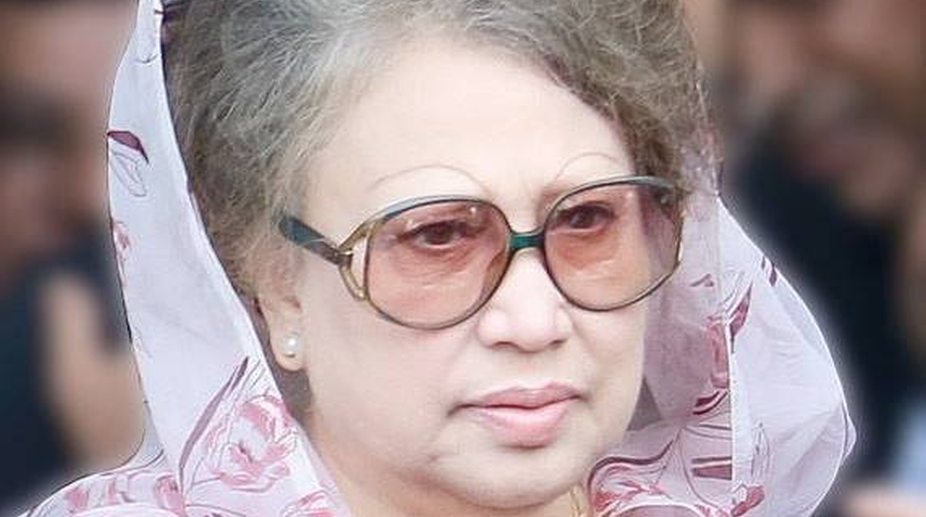Jaishankar refutes claim about global democracy in trouble
Rejecting the concerns about democratic decline, he highlighted the growing voter participation in India, noting that 20 per cent more people vote today than they did decades ago.

Begum Khaleda Zia (PHOTO: Facebook)
For the Bangladesh Nationalist Party, the five-year jail term for Begum Khaleda Zia in a corruption case related to the Zia Orphanage Trust could scarcely have been pronounced at a more impropitious juncture ~ ahead of the parliamentary elections later this year. The next tryst with democracy is still more significant as the party had boycotted the last round… handing over a walkover to Begum Hasina Wazed of the Awami League.
For the past five years, therefore, Bangladesh has had a government without a proper popular mandate. There is a degree of uncertainty too over the nature of the next electoral battle as Khaleda will be able to contest only if her appeal is pending till December. The renewed tension has raised the spectre of a long, destabilising spell of unrest both in terms of governance and the stuttering economy. Theoretically at least, the conviction proves that the rule of law does exist in Bangladesh and that no one is above the law.
Advertisement
The verdict has been greeted with violence in different parts of the country ~ ironically a measure of the support that Khaleda and the BNP still command. Visuals of motor-cycles being set on fire are symptoms of the angst. Five people were injured when police fired rubber bullets at protesters in Sylhet. The counter-mobilisation by the authorities has entailed the deployment of 5,000 policemen to quell the unrest that has almost immediately followed the court order. Even connectivity within the country has been severed with bus and ferry connections to Dhaka snapped.
Advertisement
We do not know whether Thursday’s ruling reeked of “political vengeance”, as the BNP reckons; suffice it to register that with its leader behind bars, the party has over the past 48 hours been reduced to a rudderless entity. And the incumbent Begum might well be enjoying a quiet chuckle. The fragility of Bangladesh politics has been reaffirmed yet again.
To the extent that the BNP cadres now have a rallying-point, the sentence could arguably have a critical impact on the hustings though it would be premature to speculate on the prospects of Begum Hasina, who will be seeking a third term. The anti-incumbency factor cannot be ignored not least in the context of the ISIS-style killing of rationalist bloggers and the emergence of Islamist fundamentalists, notably the Jamaat-i-Islami, whose machinations have tacitly been condoned by Begum Khaleda and her BNP.
The nub of the matter must be that the party cannot afford to boycott the elections yet again and hand over yet another unconvincing victory to Begum Hasina. Nor for that matter is it certain whether Khaleda can lead the party from behind bars. The outlook is uncertain pending the verdict on the appeal, but it shall not be easy for the BNP to shore up its image between now and December. As during the last election, the shadow of the soldier’s gun on election day is dangerously real.
Advertisement